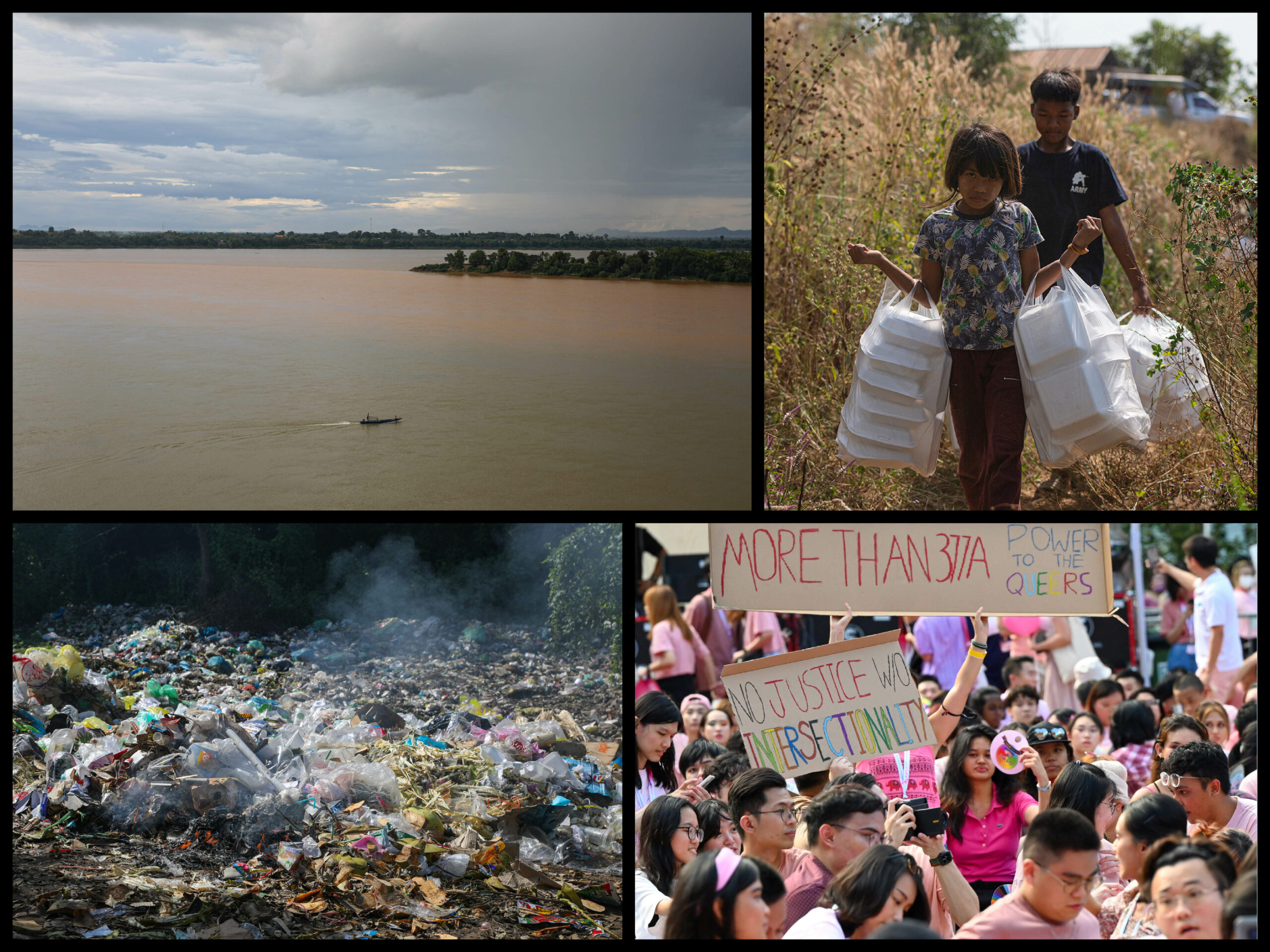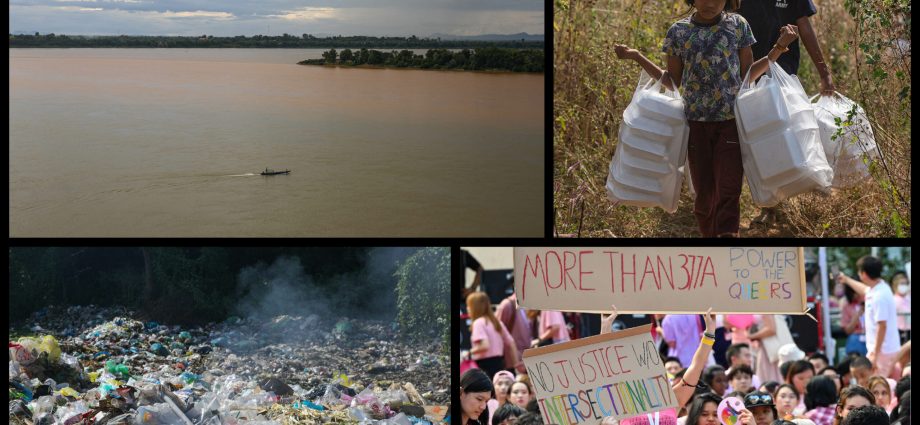
Hello Globe readers,
This week, we would like to introduce our newest member of the editorial team, Beatrice Siviero.
She previously served as an editor with the University of Bologna Law Review and public policy think tank at Thammasat University in Bangkok. While originally from Novara, Italy, she spent six years working in women’s empowerment and education in Luang Prabang, Laos and speaks fluent Lao, among several other languages.
We asked her a few questions below.
What makes you excited about joining Globe?
I have read Southeast Asia Globe’s pieces over the past six months to gain a better understanding of current regional developments in Southeast Asia and my interest in the Globe’s work grew each time. I love that it covers a wide variety of topics on the region in a narrative yet very informative and professional way. I see this new journey with the Globe as an incredibly enriching experience. I look forward to growing professionally along with the Globe and learning from its team of experienced journalists and editors.
What kinds of stories are you interested in writing?
As a passionate child rights advocate, I am particularly interested in writing about child-related human rights issues, human trafficking, child labour, malnutrition, education and gender equality. Also, I am usually really excited about writing on any new legal developments or international court cases. Southeast Asian literature is another topic I would be happy to write more about in the future.
What is something readers wouldn’t know about you from your professional bio?
I enjoy learning new languages especially when they have different alphabets. My favourite ones are Russian and Lao. I can read and understand fully Spanish and Portuguese, while my Russian and Thai are a bit rusty now, but technically I can speak advanced Russian.
You’ll be seeing more of Beatrice’s bylines soon.
As for our articles this week, we covered two landmark legislative decisions in Thailand and Singapore, as well as ongoing conservation challenges in Cambodia and Indonesia.
While Cambodia’s famed Angkor temple complex has been under UNESCO protection since 1992, the Kingdom is seeking UNESCO recognition for two more conservation areas. Anton L. Delgado and Nasa Dip headed to the Mekong, where they captured photos of the elusive and endangered Irrawaddy dolphins, whose home habitat in northeastern Cambodia could receive UNESCO heritage status.
Despite the natural beauty of the nickel-rich Sulawesi, the Indonesian island is undergoing massive environmental degradation as it claims an important role in the global electric vehicle supply chain, Jack Brook documented. Battery-grade nickel production fueled by coal-fired power plants has harmed community health and remains ignored by authorities and companies.
In Singapore, citizens rejoiced when a colonial-era law banning consensual sex between males was repealed. But the mood was undercut by a pronouncement from the prime minister affirming the importance of heterosexual marriage, leaving the LGBTQ+ community uncertain about its future and legal rights, Amanda Oon reported.
Over in Thailand, the government passed a notable anti-torture bill in August which could offer greater protection for refugees by banning non-refoulement. Yet Thailand has so far failed to implement effective screening and protections for prospective asylum seekers, human rights activist Patrick Phongsathorn explained.
We hope you dive deeper into these topics, enjoy the articles below.

